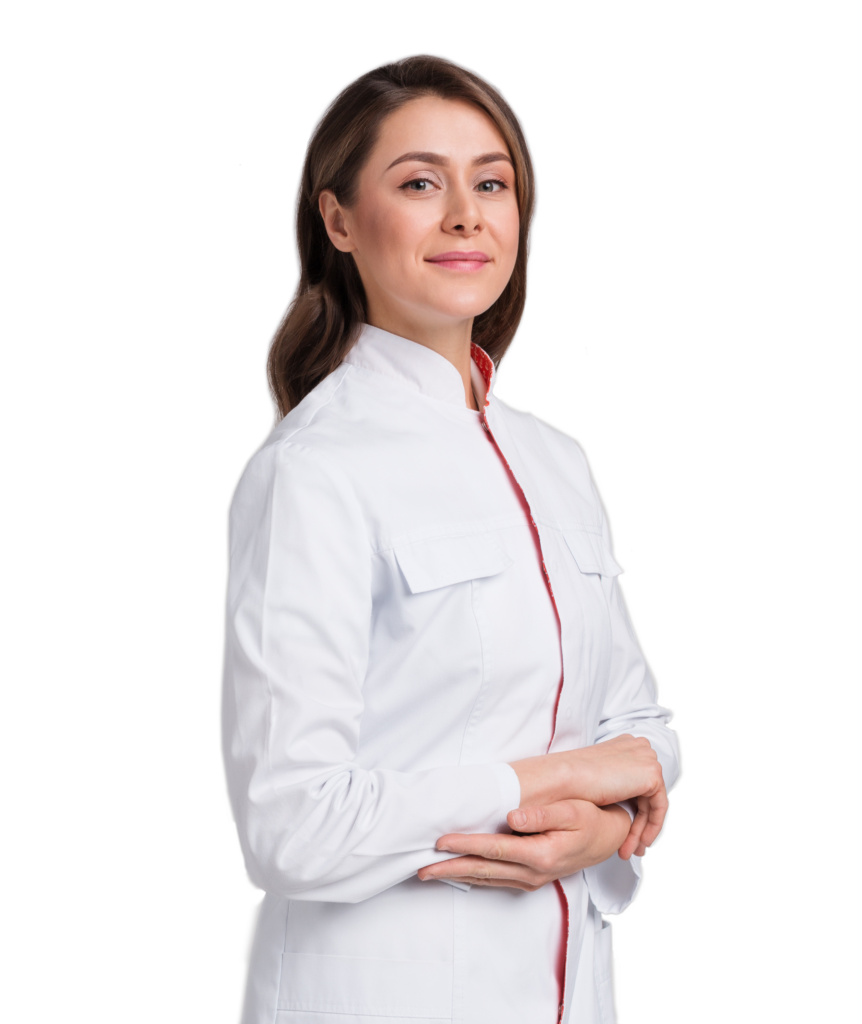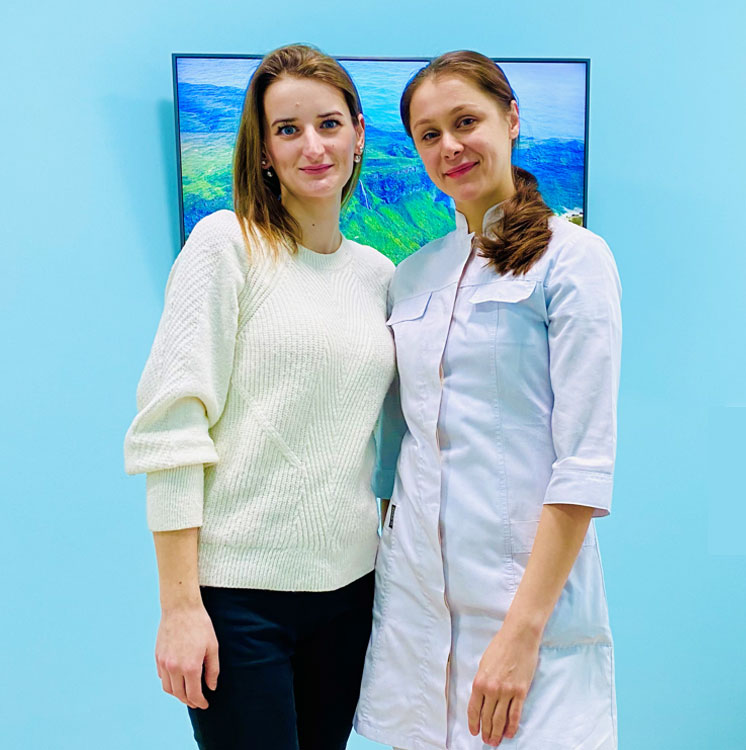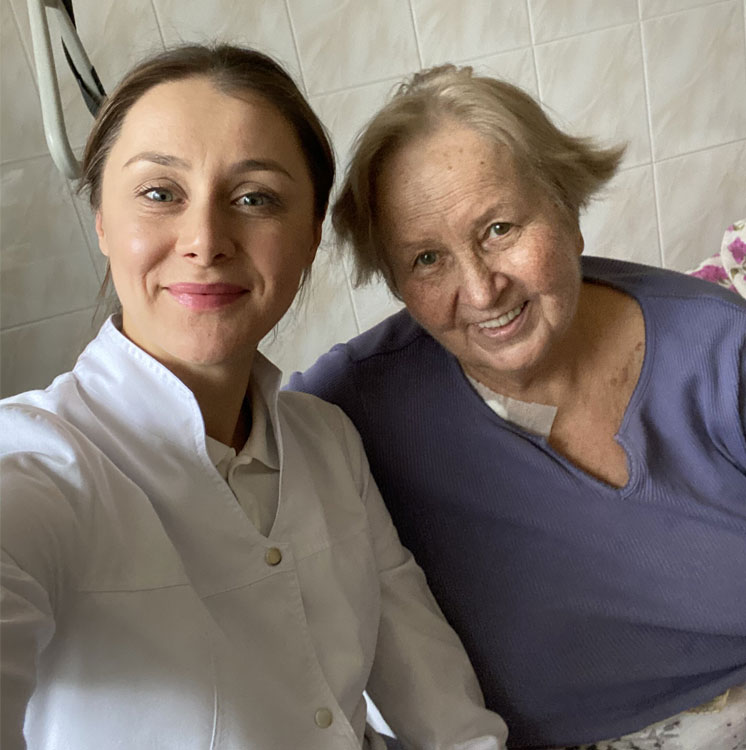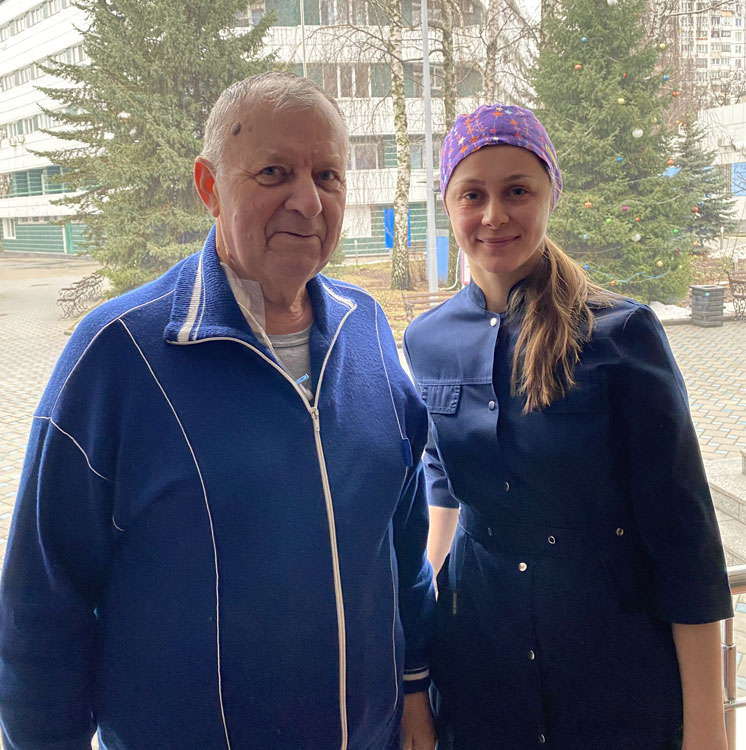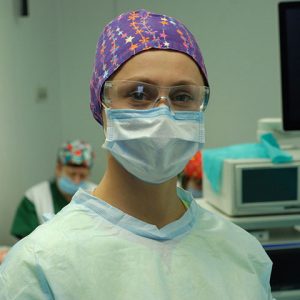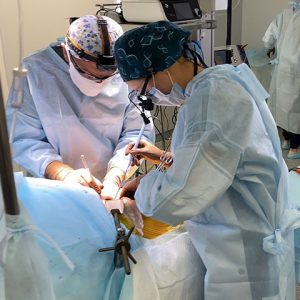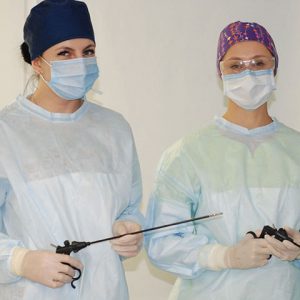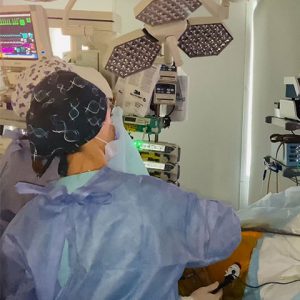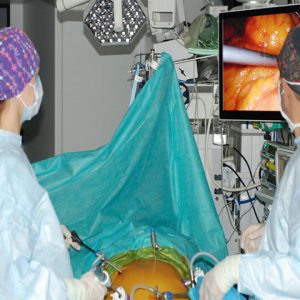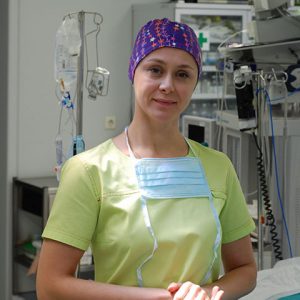Colorectal cancer
A malignant tumor arising from the epithelium of the mucosa of the colon and rectum. Depending on the histological structure, colorectal cancer is divided into adenocarcinoma; neuroendocrine tumors, gastrointestinal stromal tumors, small cell carcinoma, and lymphoma are less common.
Symptoms of colorectal cancer:
- general weakness
- fatigue
- decreased appetite
- nausea
- vomiting
- increased gassiness
- abdominal pain
- anal discharge: mucous-bloody; bloody streaks overlaid on stool
- absence of physiological relief after defecation
- pain in the anus during defecation
- diarrhoea
- fecal incontinence
- bleeding (a small amount of blood in the stool in the initial stages, pus and mucus in the later stages)
- possible dysfunction of surrounding organs (for example, urinary incontinence)
Risk factors:
The likelihood of developing the disease is influenced by:
- heredity
- chronic inflammatory diseases of the colon
- diabetes mellitus
- obesity
- bad habits (alcohol, smoking)
- high content of red meat in the diet
- low physical activity
- low amount of calcium in the diet
- pre-tumor diseases of the large intestine: polyps, diverticula, villous tumors, diffuse familial polyposis, Crohn’s disease, nonspecific ulcerative colitis, etc.
“I recommend consulting with a specialist once a year for cancer screening – a research to diagnose cancer in asymptomatic stages and minimize the risk of cancer.”
Doctor surgeon-oncologist Valikhnovska K.G.
Find out the prices for high-tech operations
Fill out the form and get a consultation on how to cure cancer
High standards of oncologist Valikhnovska K. G.
Step-by-step medical support that I will go through with you:
Step 1. First, we will get to know each other and I will study your clinical situation in detail. I will carefully review all examination materials, CT/MRI discs, delve into the entire history and course of the disease.
Only in this way will I be able to develop an individual diagnostic program for you.
Step 2. I will analyze exactly your case at a multidisciplinary consultation, with the involvement of a team of leading top specialists in oncology – oncological surgeons, clinical oncologists, chemotherapists, radiologists. According to international standards and protocols, a decision on treatment will be made in a specific clinical case individually for the patient.
Step 3. In case of indication for surgical treatment, oncological surgery will be performed on state-of-the-art equipment in compliance with international standards and protocols
+ highly qualified anesthesia support.
Step 4. Valikhnovska’s standards are the support and accompaniment of the patient in the early postoperative period. This is the most important period in the recovery of the body and working capacity, and I will be with you. I use the Enhanced Recovery After Surgery (ERAS) program.
Step 5. After the operation, you and I will decide which treatment tactics are best to use. We will select an appropriate chemotherapy scheme and further support and assistance at the stage of chemotherapy treatment.
Step 6. My work standards are consultative support 365 days a year: monitoring of the patient’s condition, laboratory and instrumental studies, review of CT/MRI discs throughout the year.
If necessary, I will adjust the treatment, change the chemotherapy regimen, etc. I am convinced that our clinical task with you is to do everything possible to defeat the disease forever. If my standards suit you, then let’s get to know each other. Leave a request, I will call you personally.

Valikhnovska Kateryna Hennadiivna
Surgeon-oncologist
Associate Professor of Surgery and Transplantology of the National University of Health of Ukraine named after PL Shupyk on the basis of the National Institute of Surgery and Transplantology named after OO Shalimov.
SCIENTIFIC DEGREE
doctor of philosophy (PhD)
DIPLOMAS AND LICENSES
- Surgeon of the first qualification category
- Certificate of Specialist in “Oncosurgery”
- Certificate of Specialist in “Transplantology”
hours in the operating room
years of experience in the specialty
years of scientific activity
Reviews
Make an appointment with a doctor
advantages
Fill out the form to arrange an appointment with the doctor
